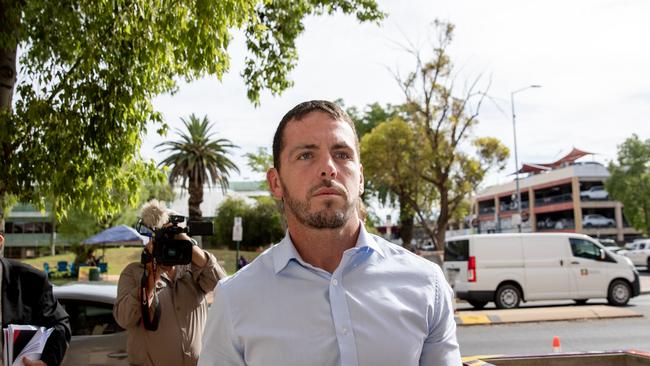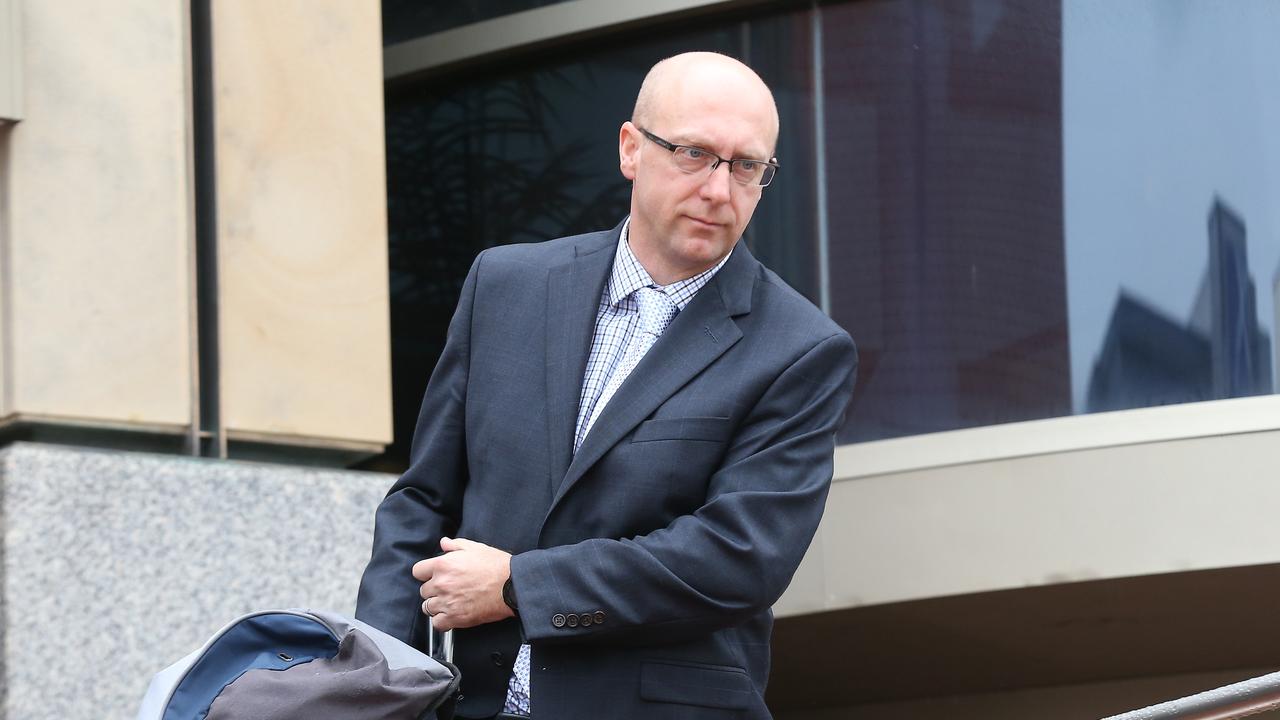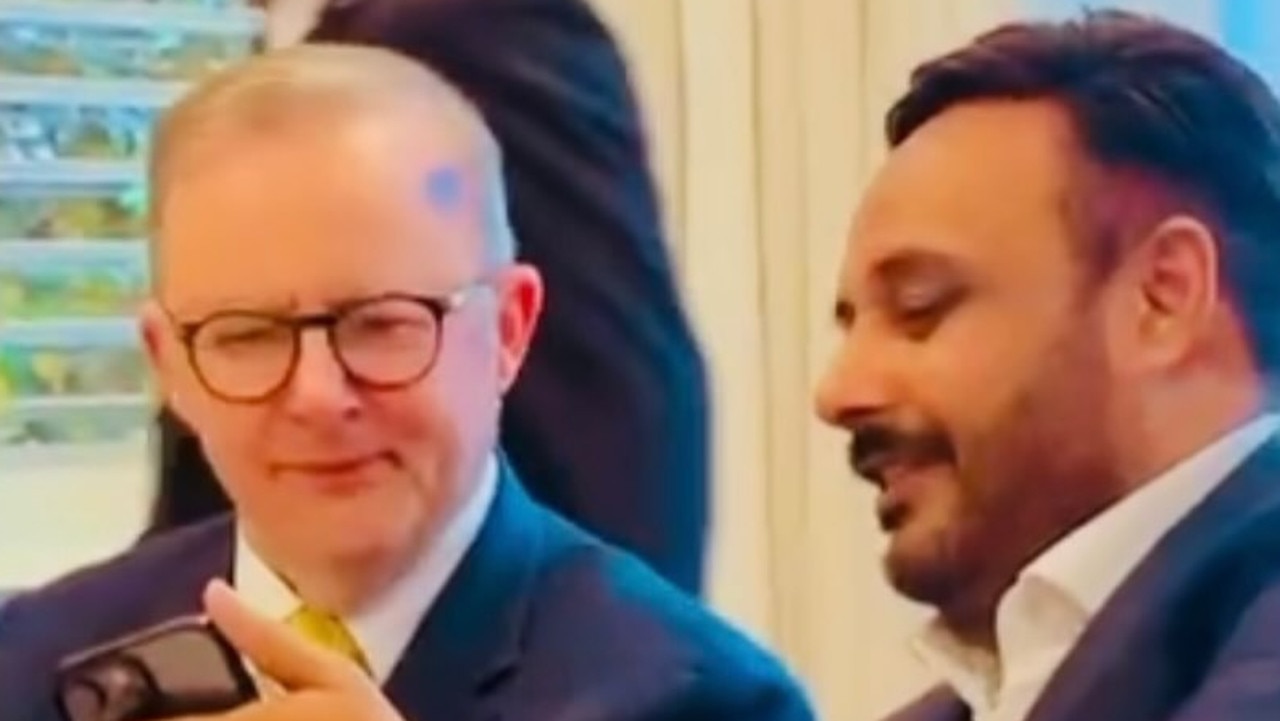‘We could have taken more time,’ Zachary Rolfe says of fateful day
Former police officer Zachary Rolfe conceded he and another officer could have taken more time before going into the house where Kumanjayi Walker was staying.

Former police officer Zachary Rolfe conceded “we could have taken more time ideally” on the day he and another officer went into the house where Kumanjayi Walker was staying, leading to a skirmish that ended when Mr Rolfe shot the 19-year-old dead.
On Wednesday, the coronial inquest for Walker turned to events on November 9, 2019, when Mr Rolfe and three other members of the Alice Springs-based territory response group went to the remote community of Yuendumu to arrest the Warlpiri man.
Mr Rolfe’s barrister, Michael Abbott KC, argued that he should not be compelled to answer any questions about the shooting on the grounds it might incriminate him.
Coroner Elisabeth Armitage rejected this and offered a certificate of immunity as she has done for other parts of Mr Rolfe’s evidence.
Mr Rolfe was asked if he agreed with Superintendent Scott Pollock, a detective who examined the attempted arrest of Walker and said “By entering the premises in haste they placed themselves in a situation best described as officer-induced jeopardy”.
This is a scenario in which police needlessly put themselves in danger, making unforced errors that put them in a position in which they must use deadly force to protect themselves.
Mr Rolfe read Superintendent Pollock’s words and told the inquest: “I would accept elements of it. I accept that we put ourselves in a situation that made us vulnerable, yes,” he said.
Mr Rolfe agreed he and Constable Adam Eberi could have taken more time. He expressed doubts about whether it would have been an effective option to have formed a cordon around the house and call Walker outside as suggested in the evidence of NT Police Force Deputy Commissioner Murray Smallpage.
There were four immediate response group members in Yuendumu on the day and a fifth officer who was a specialist dog handler.
Counsel assisting the coroner, Peggy Dwyer SC, said: “You could have set up those officers around the house.”
Mr Rolfe: “Yes ... but the worst cordon there still needs to be a line of sight.”
Dr Dwyer read out text messages between Mr Rolfe and reporter Kristin Shorten, who later wrote stories about the case that were published in The Australian.
Mr Rolfe also recorded a video for publication on The Australian’s website.
Two days after the shooting, Shorten – a freelancer who later became a staff journalist at The Australian and now works for Seven West Media – messaged Mr Rolfe: “hey mate heard the news ignore the leftist reporting catch up soon”.
The journalist discussed writing an article in his defence in a separate text to the policeman.
Dr Dwyer asked Mr Rolfe why, in the video Mr Rolfe recorded for The Australian and his contemporaneous writing in a police notebook, he had not mentioned that Walker had put his hand on his gun during their struggle. He later said this in evidence at his criminal trial when he was found not guilty of the murder of Walker.
“I want to suggest to you that evidence about Kumanjayi’s hand being on your gun is a lie,” Dr Dwyer said.
“It’s definitely not,” he said.
The inquest continues.


